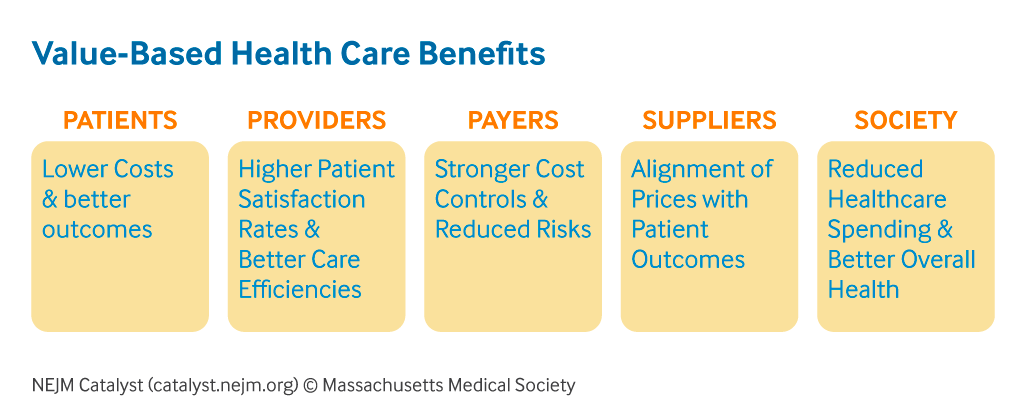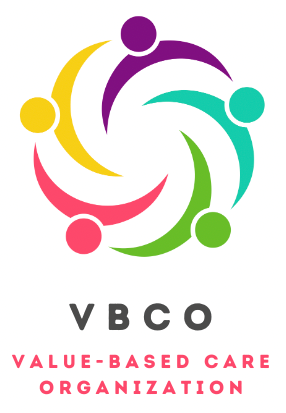The VBHC is divided into two parts: the university-based (local) competition and the national competition. During the local competition, teams will receive and analyze a case study of a patient and their interaction with the healthcare system. Over the following 2 months, students must identify a value deficit from the case and come up with an innovative solution to mitigate and solve the issue. A video presentation of up to 20 minutes and the corresponding PowerPoint will be submitted to the judges who will decide the winning teams.
During the national competition, the winning teams from every participating school will then have 5-6 months to implement their solution from the previous competition or a new, adjusted solution into a real healthcare setting. A video presentation of up to 40 minutes and the corresponding PowerPoint will then be submitted to the judges to decide the winning team.
What is Value Based Healthcare?
Value-based healthcare is a healthcare reimbursement model that focuses on delivering better quality of care to patients at a lower cost. Providers are reimbursed based on how well they improve patient outcomes, reduce the effects and incidence of chronic diseases, and help patients live healthier lives. This differs from the “fee-for service” model, where healthcare workers are reimbursed based on the number of services provided. As of 2020, the US spent nearly 20% of its GDP on healthcare – that is over 4 trillion dollars. Part of this cost can be attributed to various wastes in healthcare, such as excess administrative costs, inefficiently delivered services, inflated prices, fraud, missed prevention opportunities, and unnecessary services.
Value deficits are common in the healthcare system we will one day work in. As future leaders in healthcare, we must play a key role in recognizing, addressing, and ameliorating these issues. By cultivating these skills early on in our medical education, we hope to be better prepared to serve our future patients and the healthcare system as a whole.

What is Lean Six Sigma?
What is Patient- and Family-Centered Care (PFCC)?
IHI Open School



MCG Local Competition
This is open to all health professional students (medical, dental, nursing, occupational therapy, physical therapy, pharmacy, etc.) from Augusta University.

National Competition
The ultimate goal of the national competition is to implement your solution and demonstrate real-world outcomes that can be measured & published in the literature.

Past Winners & Projects
See some of the amazing and hard work of our previous winners!
References:
GoLeanSixSigma.com. (2021, July 26). Lean six sigma process improvement. GoLeanSixSigma.com. Retrieved November 16, 2022, from https://goleansixsigma.com/what-is-lean-six-sigma/
National Health Expenditure Data (2021). Centers for Medicare & Medicaid Services. https://www.cms.gov/Research-Statistics-Data-and-Systems/Statistics-Trends-and-Reports/NationalHealthExpendData/NationalHealthAccountsHistorical
Teisberg, Elizabeth PhD; Wallace, Scott JD, MBA; O’Hara, Sarah MPH. Defining and Implementing Value-Based Health Care: A Strategic Framework. Academic Medicine: May 2020 - Volume 95 - Issue 5 - p 682-685
What Is Value-Based Healthcare? (2017). The New England Journal of Medicine Catalyst. https://doi.org/10.1056/CAT.17.0558